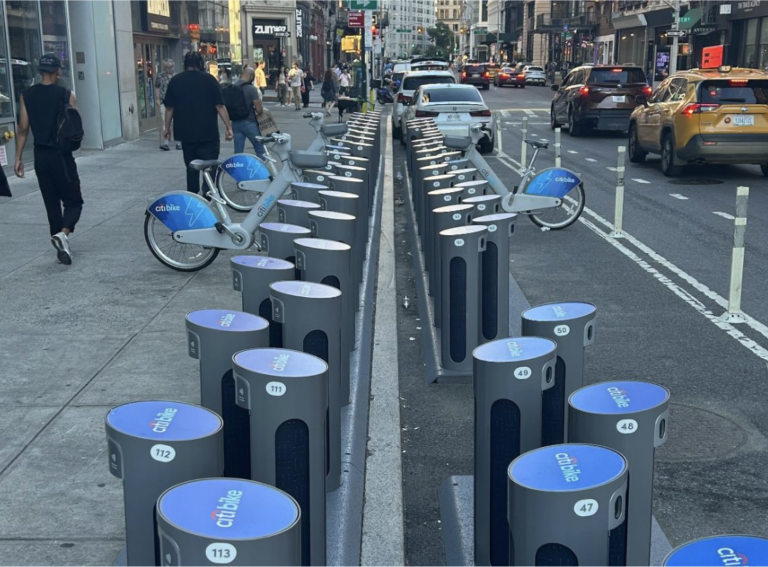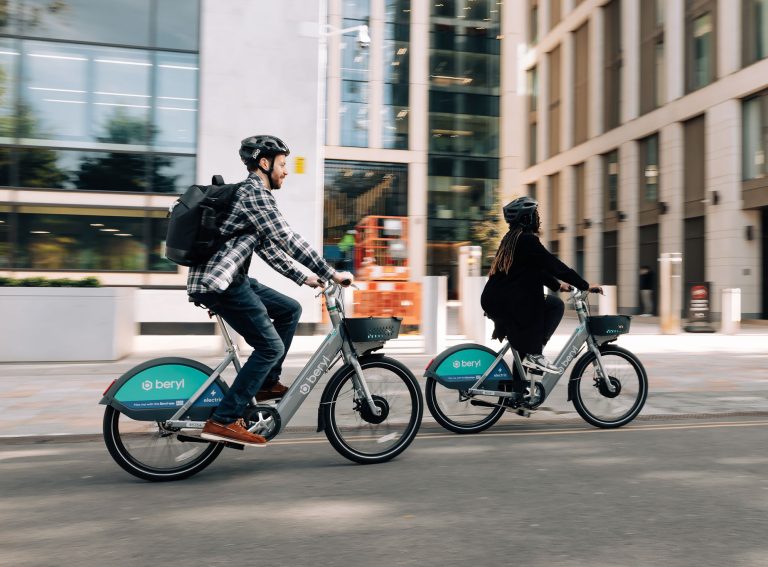Author: Paul Tyrrell, Director of Qi Managed Services Ltd (Dock Lock Charge)
The UK government announced in the Queen’s Speech that electric scooters will be made road legal following the creation of a new ‘zero-emission vehicle category’. This key element of government policy increases the support for micromobility to reduce carbon emissions within towns and cities and is the next step for Local Authorities having been allocated funding by the central government to introduce e-scooter trials and e-bike schemes across the country.
Welcome as these policy and financial contributions are, the challenge for LA’s is that operators are currently working to different operational models and types of vehicle. This leads to confusion as to how best for Local Authorities to move forward with their plans to develop their micromobility strategies and ensure compatibility.
ARUP said in a recent report that “Mobility hubs, docking stations and charging infrastructure should be designed to be universally used by multiple operators rather than proprietary solutions.”
In light of this, we are recommending that local government associations support local councils in implementing a ‘universal docking and charging standard’ for e-bikes and e-scooters when the legislation is introduced following the national trials.
This would enable a consistent approach that operators would have to adhere to, and mean LA’s can provide sufficient EV parking, charging and safety control. It would also prevent operators from providing their own proprietary solutions which only support one type of vehicle and one single operator.
In practice, universality would allow a LA to appoint several e-bike and/or e-scooter operators, while at the same time ensuring they use the LA’s single universal charging infrastructure. This guards against instances where operators withdraw or cease to operate.
Furthermore, a universal approach would enable LA’s to control the charging and docking infrastructure and provide them with a revenue source by charging operators for their use. In turn, this provides operators with reduced charging costs through the economies of scale provided by the LA. No small beans when up to 60% of operational costs can comprise of charging!
There is increased lobbying from charities, including the Royal National Institute of Blind People (RNIB), concerned about the hazards of poorly parked and non-docked e-vehicles littering the streets of our towns and cities. Local Authorities need to address these concerns by ensuring they provide sufficient dedicated docking stations.
Now that government policy is to increase access to micromobility vehicles, we are ready to work with Local Authorities to introduce an effective universal infrastructure and operational mode – ‘dock lock and charge’ – to bring this aspiration to reality as an integral part of carbon neutral urban living across the UK.











